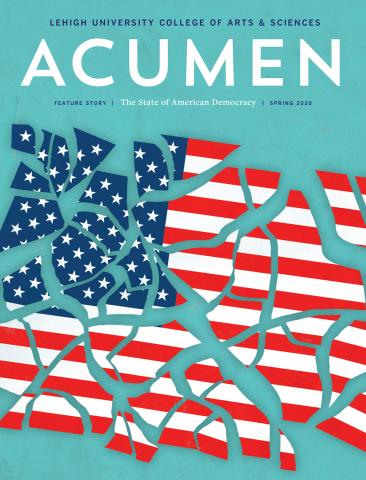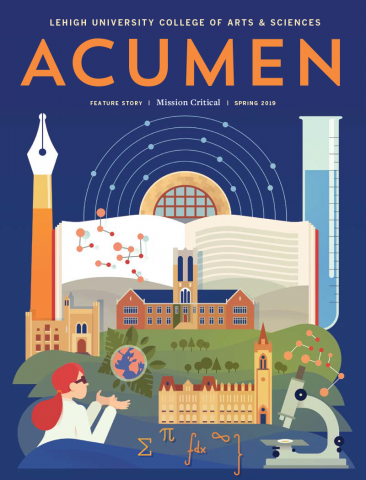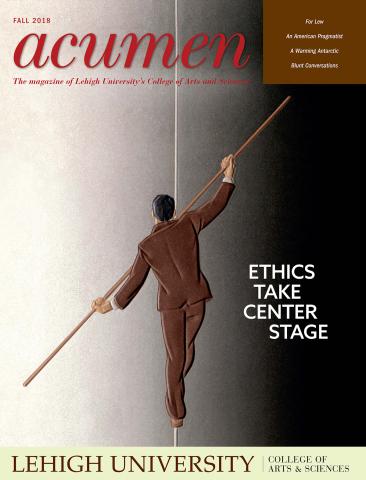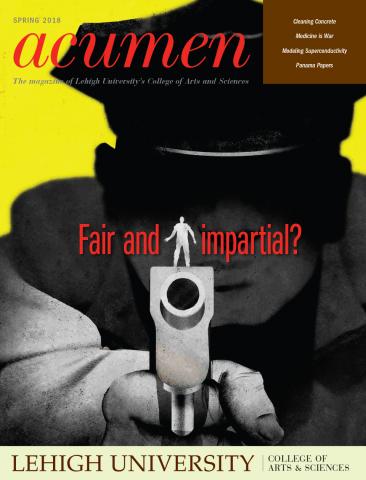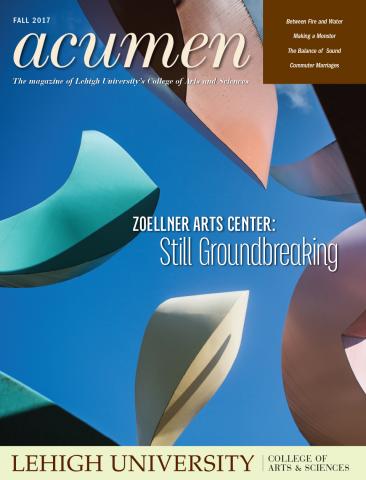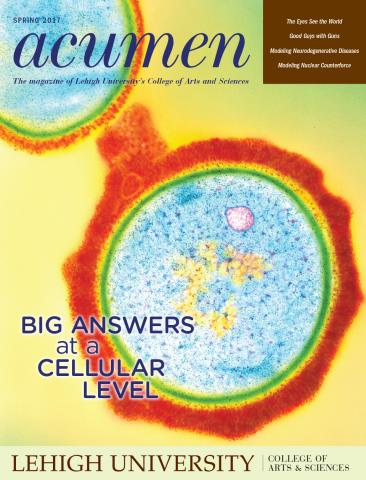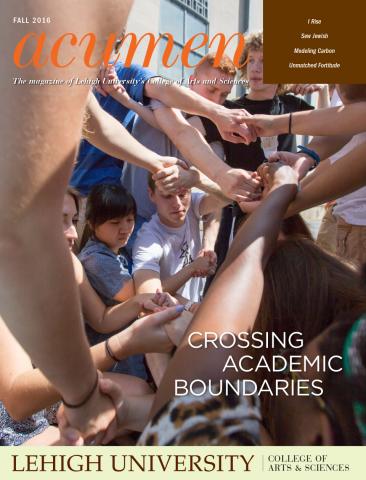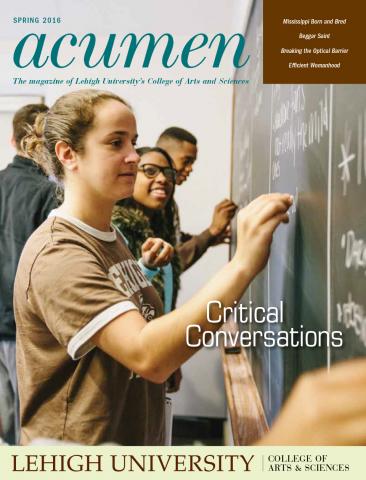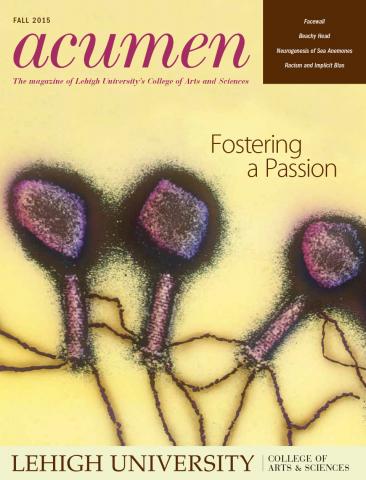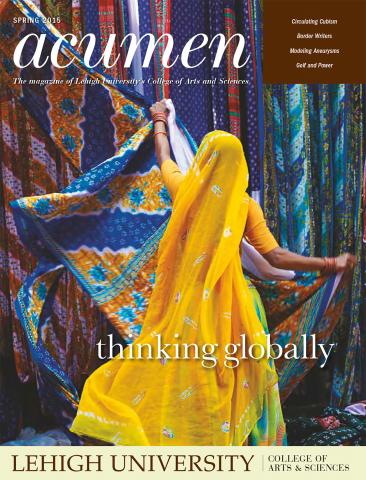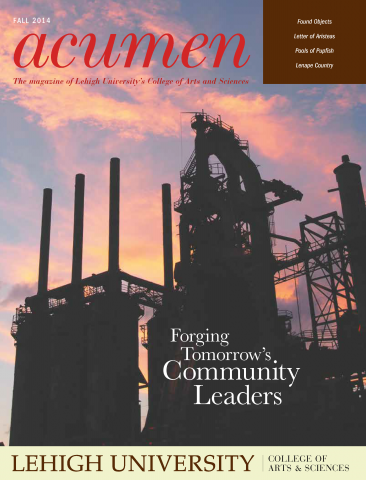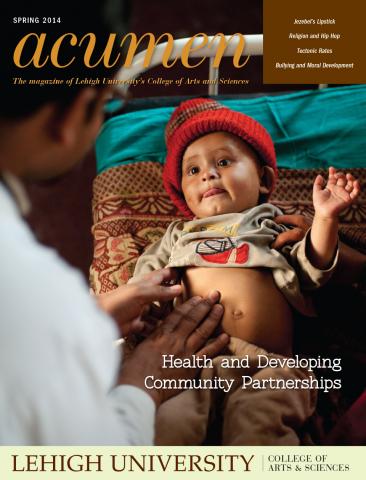
As part of the Philadelphia FringeArts Festival, the Idiopathic Ridiculopathy Consortium (IRC) presented Eugene Ionesco’s’ classic The Chairs, Sept. 6-25 at Walnut Street Theater, with costume designs by Erica Hoelscher.
Ionesco’s one-act play involves an elderly couple living in a lighthouse. The man has a message for the world and has invited everyone to come hear it. Many guests arrive, invisible to the audience, but with whom the couple has conversations.
“There are many layers to this play,” says Hoelscher. “It brings in aspects of our contemporary world, particularly the difficulty we have connecting with one another. As is common in absurdist plays, these characters are abysmal failures at communicating, yet in a very tender way, what they don’t say conveys meaning to the audience and strikes a universal chord.”
With just three main characters, the script presented Hoelscher with costuming challenges. Design choices had to be made with a specific intent in mind, she says. “Everything has to be perfectly fitting; nothing can be there because ‘it’ll do.’”
The production is a revival of a staging the IRC presented 10 years ago. “The Chairs really put the IRC on the map,” says Hoelscher. “It was the initial production that got the IRC a lot of attention. In recognition of this, it was remounted for the Fringe Festival.”
Now in its 20th year, the FringeArts Festival is one of Philadelphia’s signature fall arts events with progressive performances from artists across the globe. It features hundreds of dance, theater, visual art, music and spoken-word performances in traditional venues, but also on street corners, cars, galleries, cabarets and restaurants. The festival’s performances and complementary events span a wide range of genres, often pushing limits beyond traditional artistic boundaries.
For this production, the set was repurposed to a new space. The original performances were held at Society Hill Playhouse, but this production was staged at Walnut Street Theater. The original designer was brought back to make it work in the new space, and Hoelscher designed a revised version of costumes for the play. The revised costumes were created in tandem with the actors’ interpretations of the characters in rehearsal workshops and design meetings.
“The idea is there’s a seamless integration and a process of discovery made based on experimentation with what you have available,” says Hoelscher. “The process works for this play because there are only three actors, all very familiar with the absurdist genre.”
Not only was Hoelscher the costume designer, but she also serves as IRC’s associate artistic director, a role she assumed in 2015. Hoelscher has designed IRC productions since 2010 and has worked on many plays with Tina Brock, the consortium’s co-founder and producing artistic director. Brock wanted to bring a new voice as the IRC envisions itself for another 10 years, Hoelscher says.“Ten years is a huge accomplishment for a small company—to survive for that long and be actively producing. And they’re expanding, now doing staged readings, more work in the community to get audiences involved. The next few years will be exciting. It will be telling as to whether our work pans out and is something we can continue.”






















